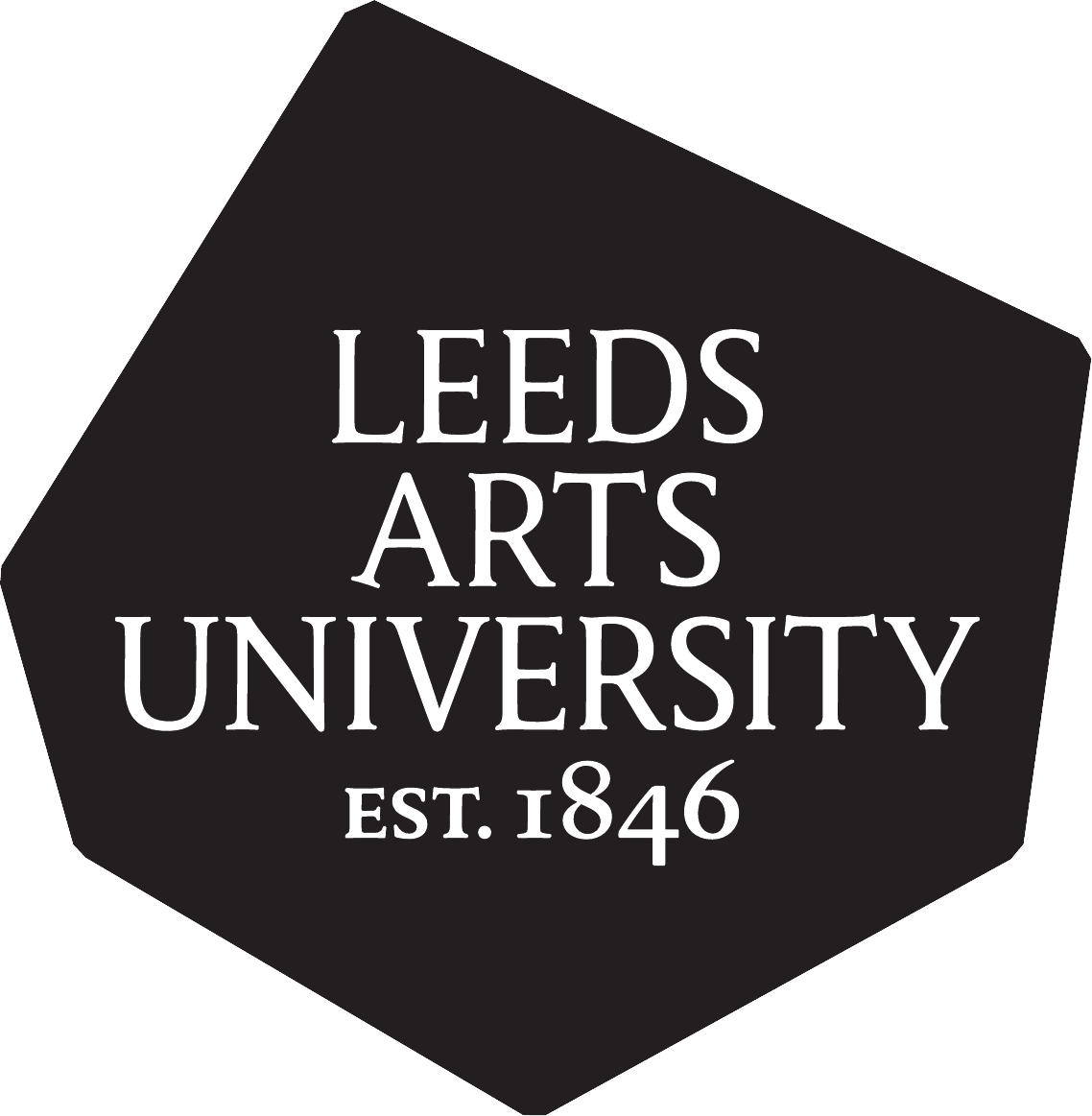Oops, I Did It Again! The Humour of Incongruity, Risk-Taking and Creativity in Art Practice and Everyday Life
Welding, Philip 
Abstract
This article explores the incongruous results of creativity and risk-taking within art practice and everyday life as encountered through the photographic image. The impetus for this study was a humorous experience that took place during health and safety training that raised questions about the role of humour within everyday life. Research was conducted into two forms of visual media, including pamphlets and guides from the British Safety Council (BSC) archives and viral images that demonstrate accidents (tagged with an ‘epic fail’ hashtag). This led to a practice-based approach to research involving the production of photographic works for an exhibition that tested the role of risk-taking and improvisation within the creative process. This article uses humour theory including superiority, incongruity and relief theory in relation to Louise Peacock’s model for the analysis of slapstick, to analyse these different types of photographs and draws comparisons between the risk-taking creative behaviours of both employees and artists. These creative approaches are considered in relation to Michel de Certeau’s notion of tactics within everyday life. Ordinary thinking and improvisational tactics are present within both art and work, and improvisation heightens the potential for risk-taking. This may lead to incongruities represented through a photograph which can impact the viewer’s engagement through humour, fascination or self-reflexivity. It is proposed that the viewer response to images containing risk is made up of a balance between an embodied understanding of the dangers and an awareness of the artifice, which can shift depending on the conditions of the photograph’s production and display. The peculiarities of the photograph are seen as conducive to a humour response because of the photograph’s ambiguous relationship with the reality that it represents.
Actions (login required)
 |
Edit Item |

